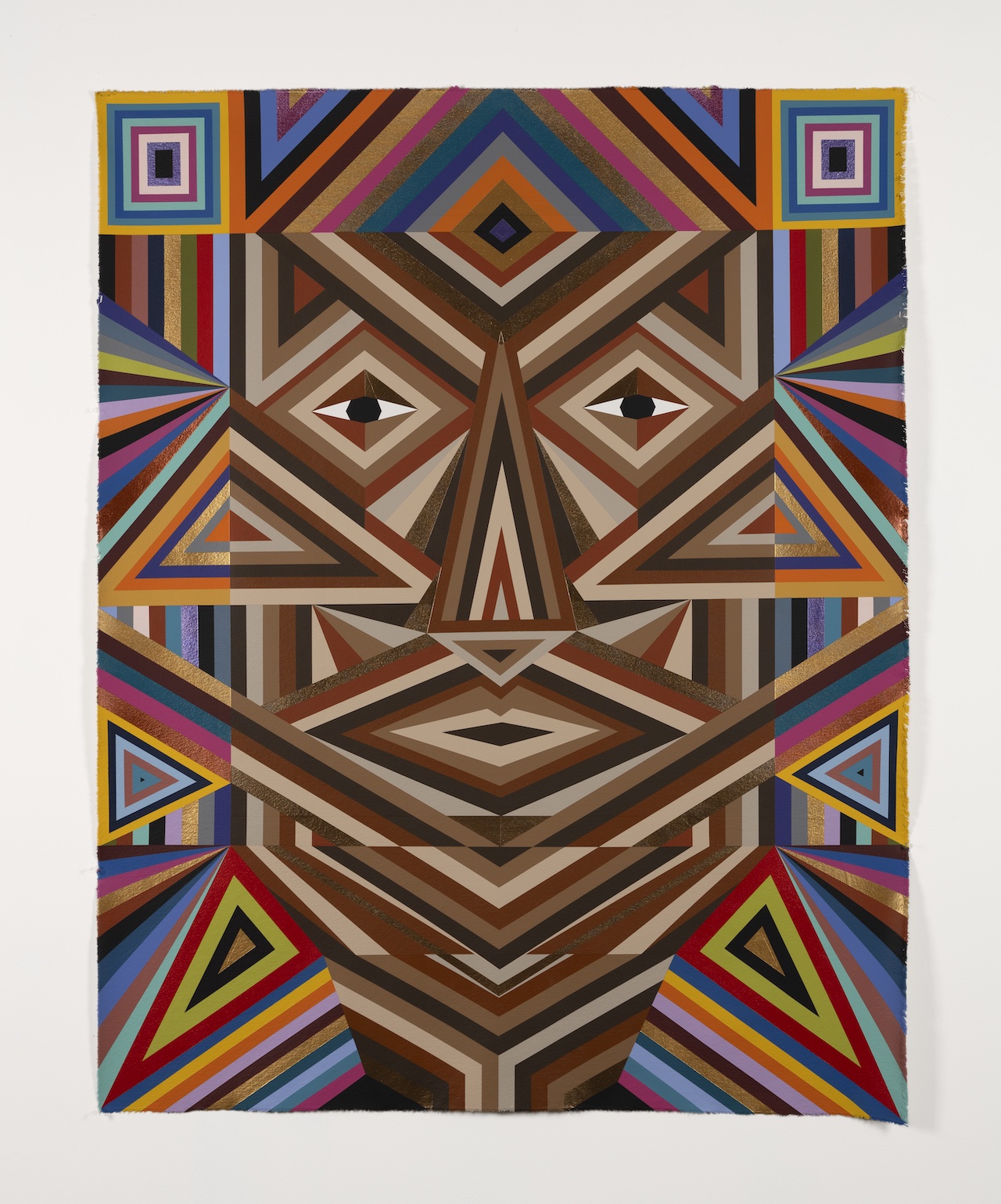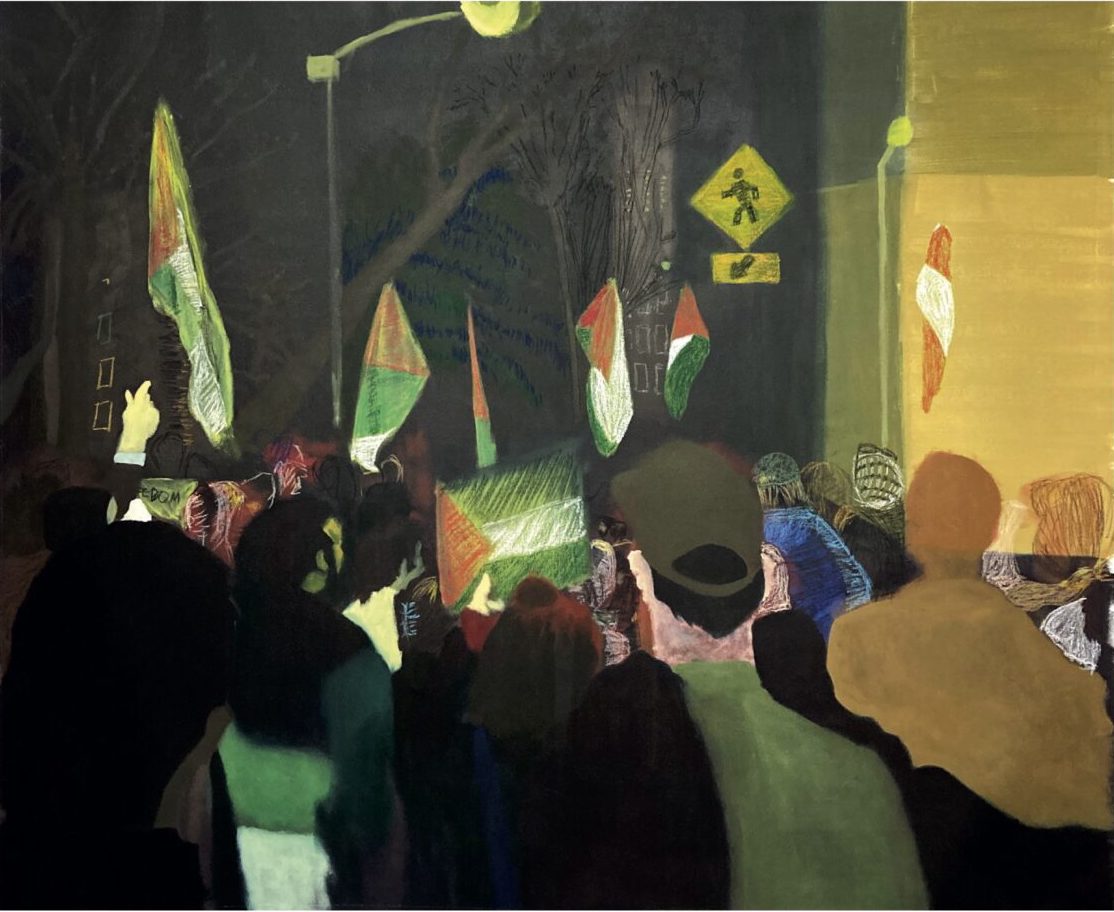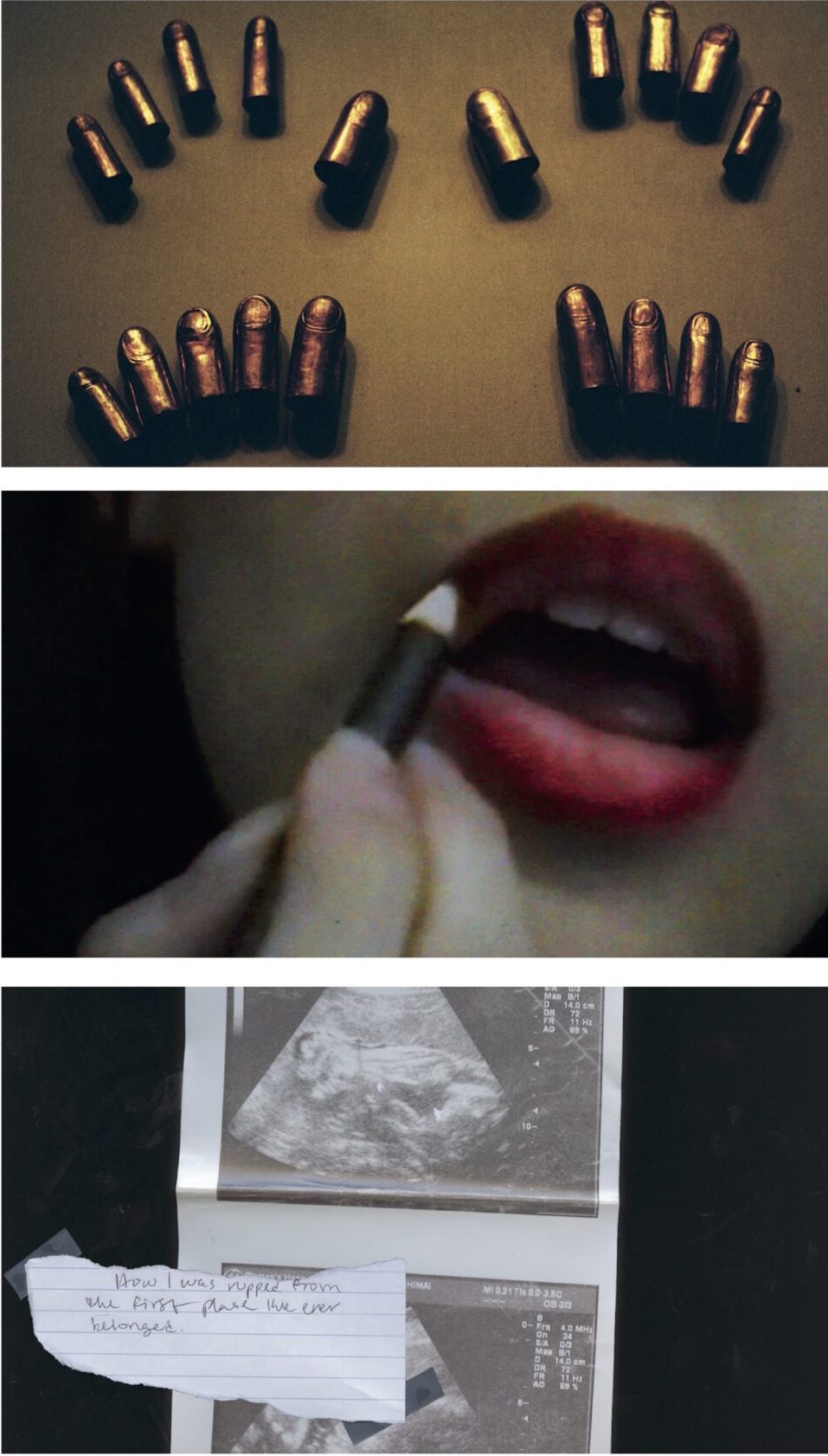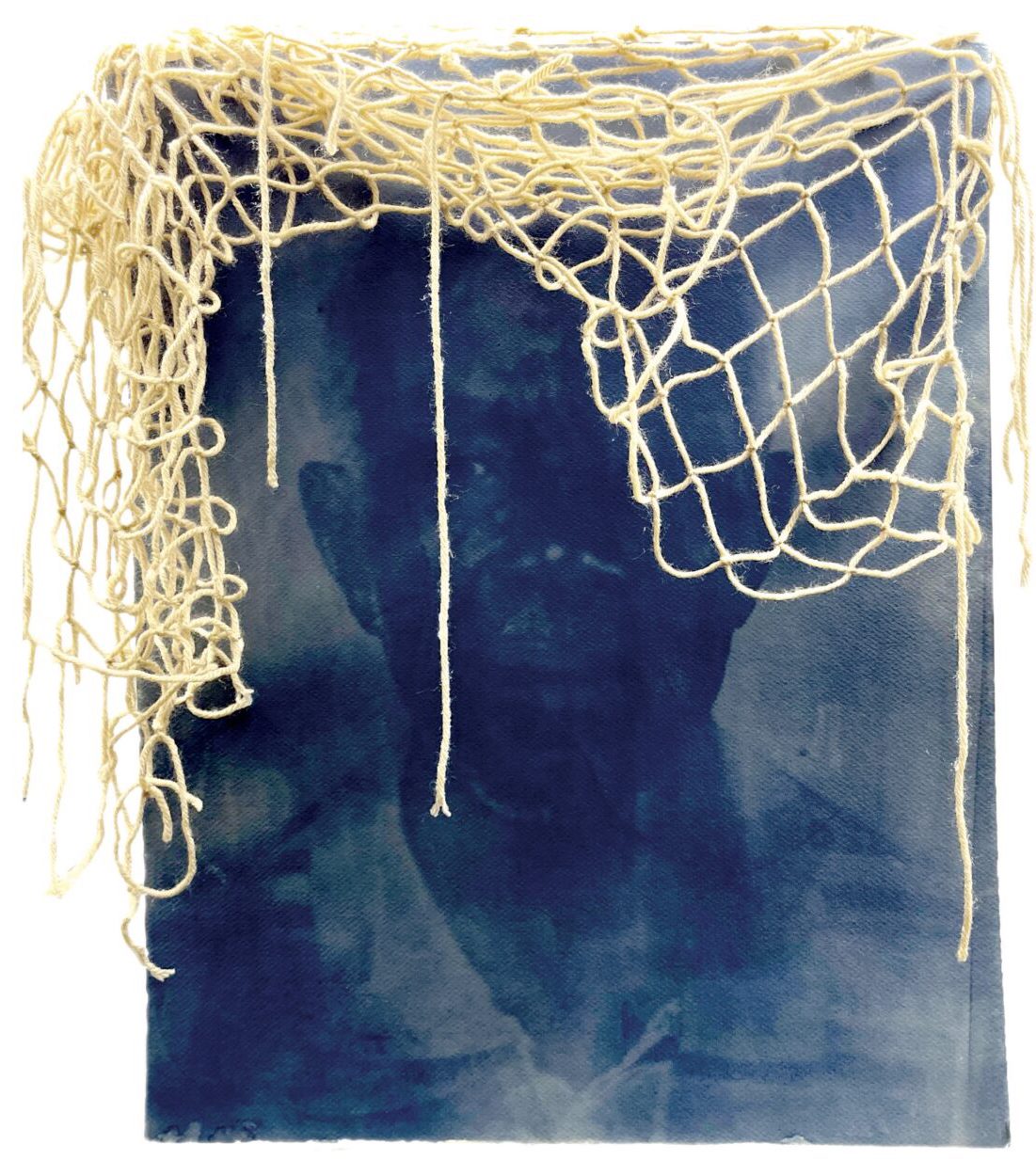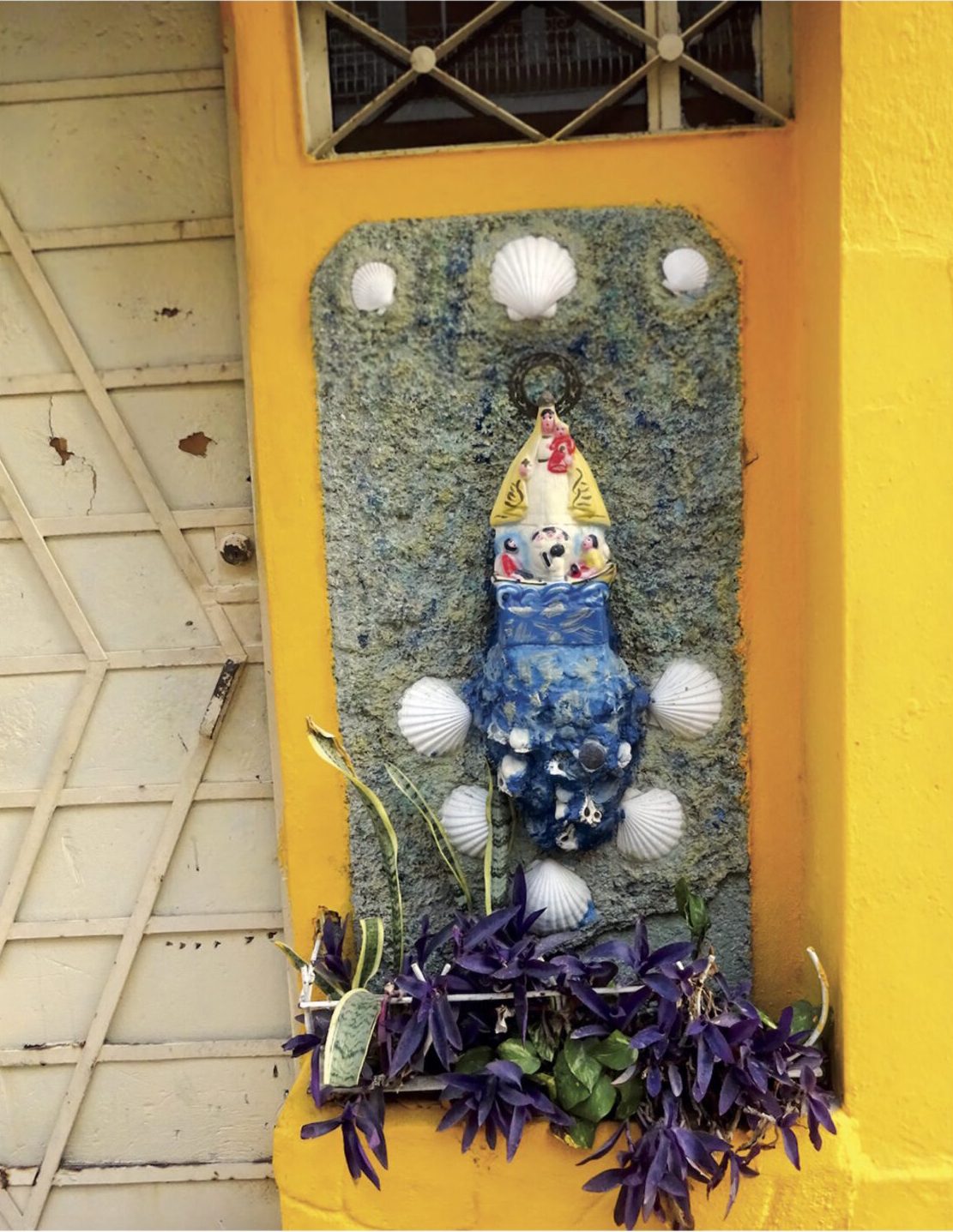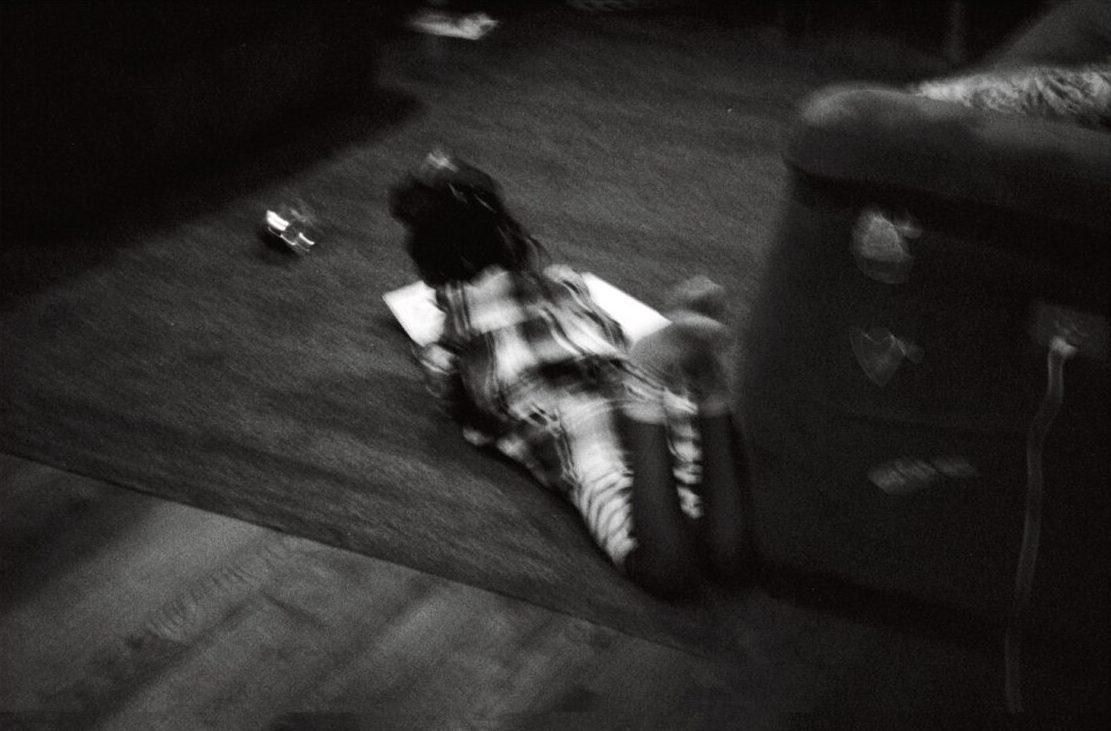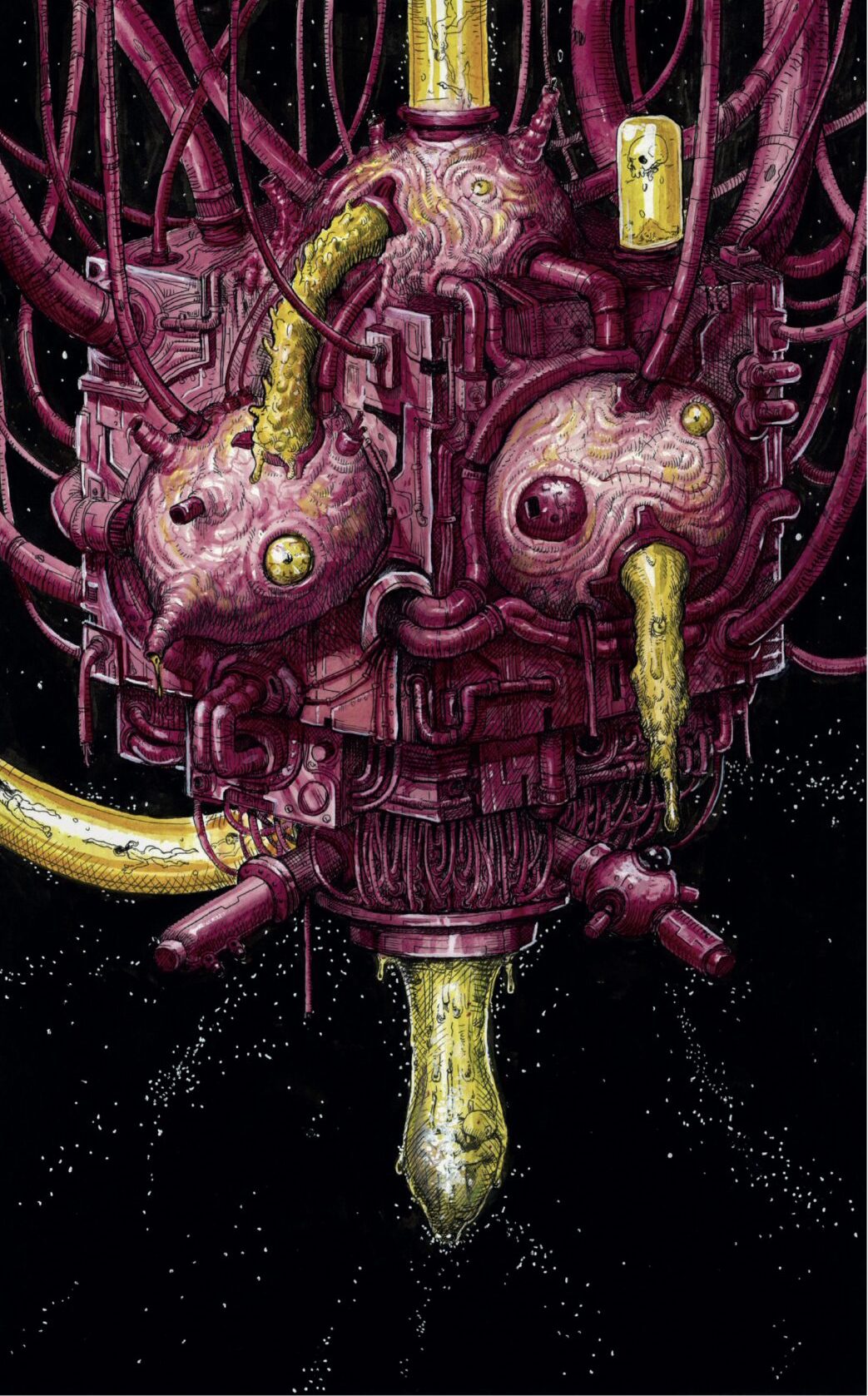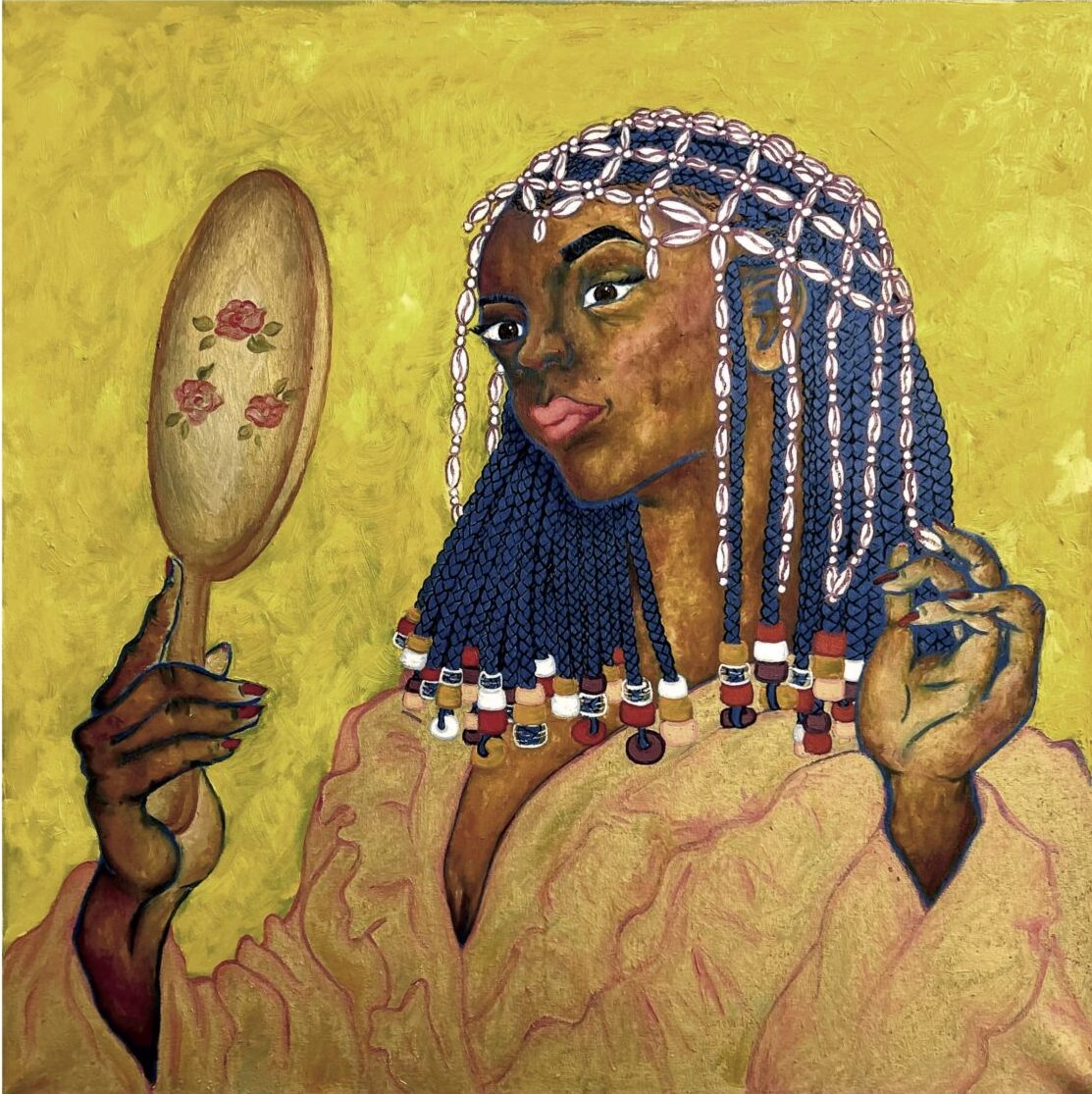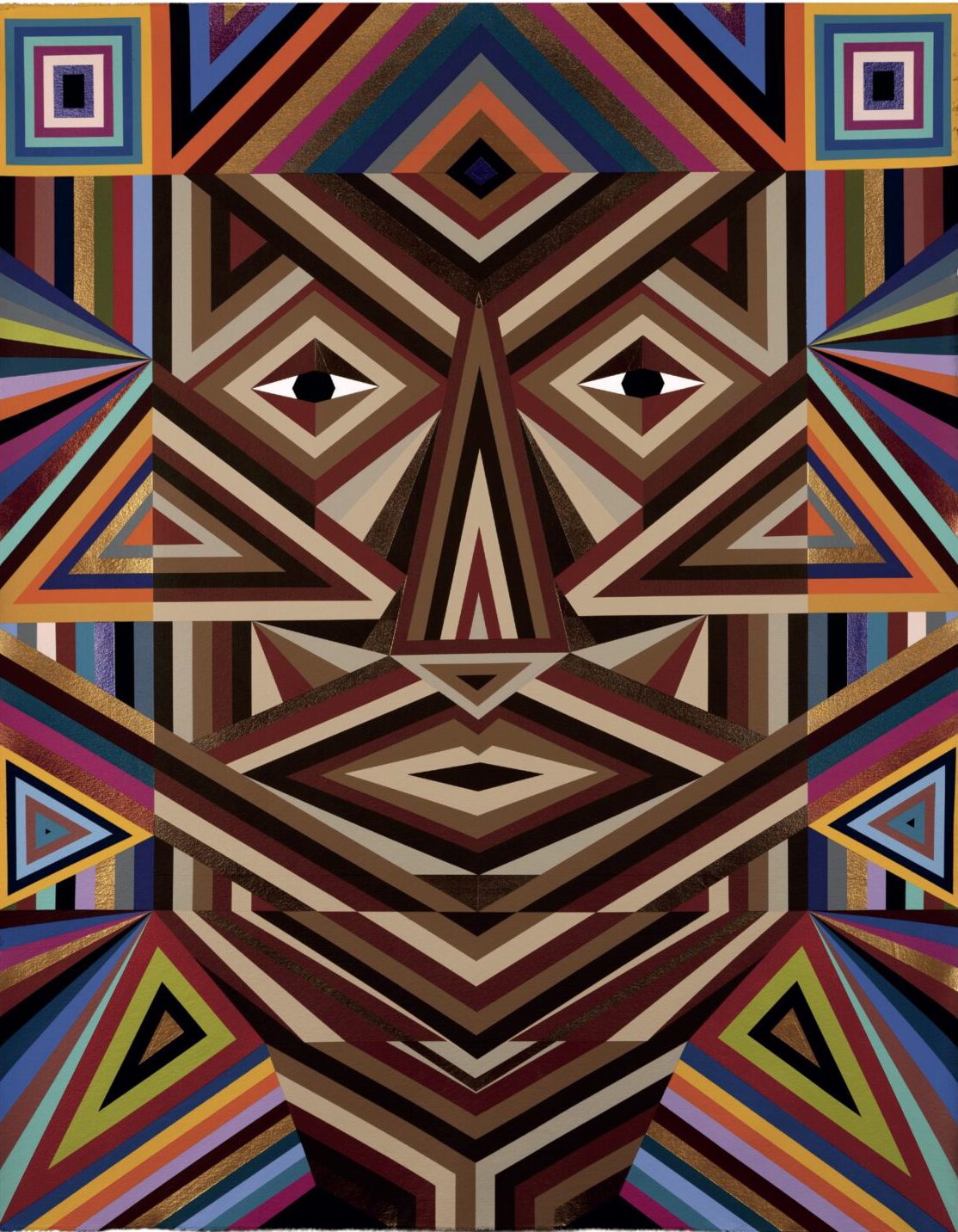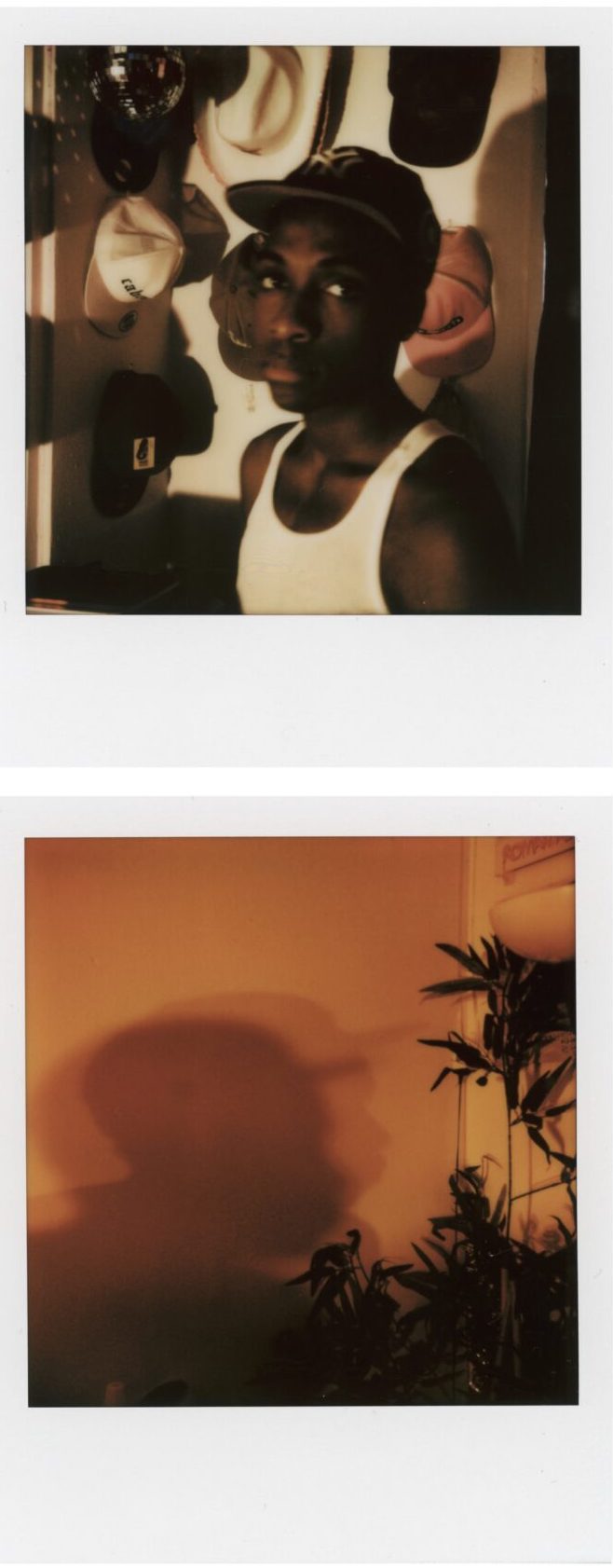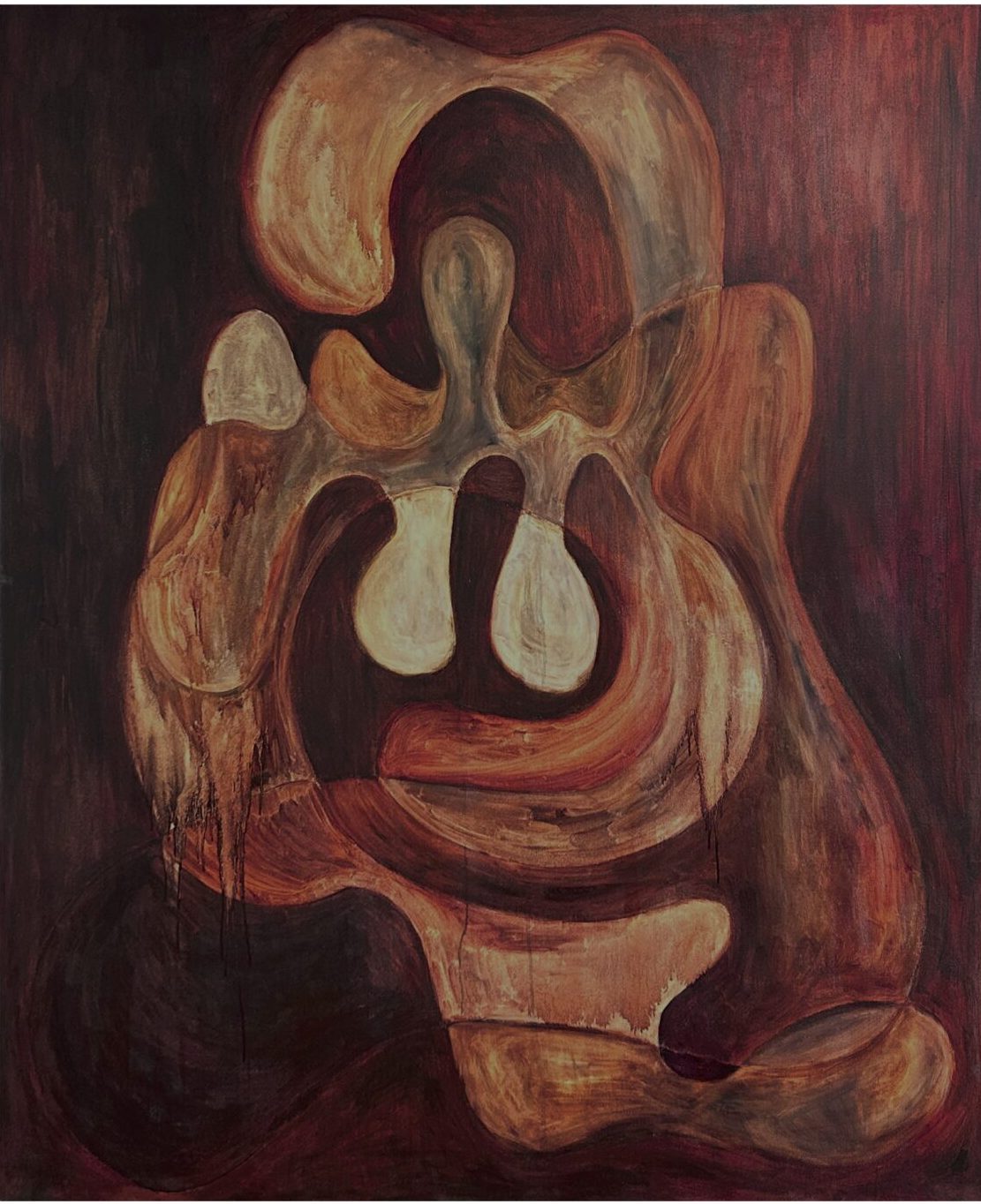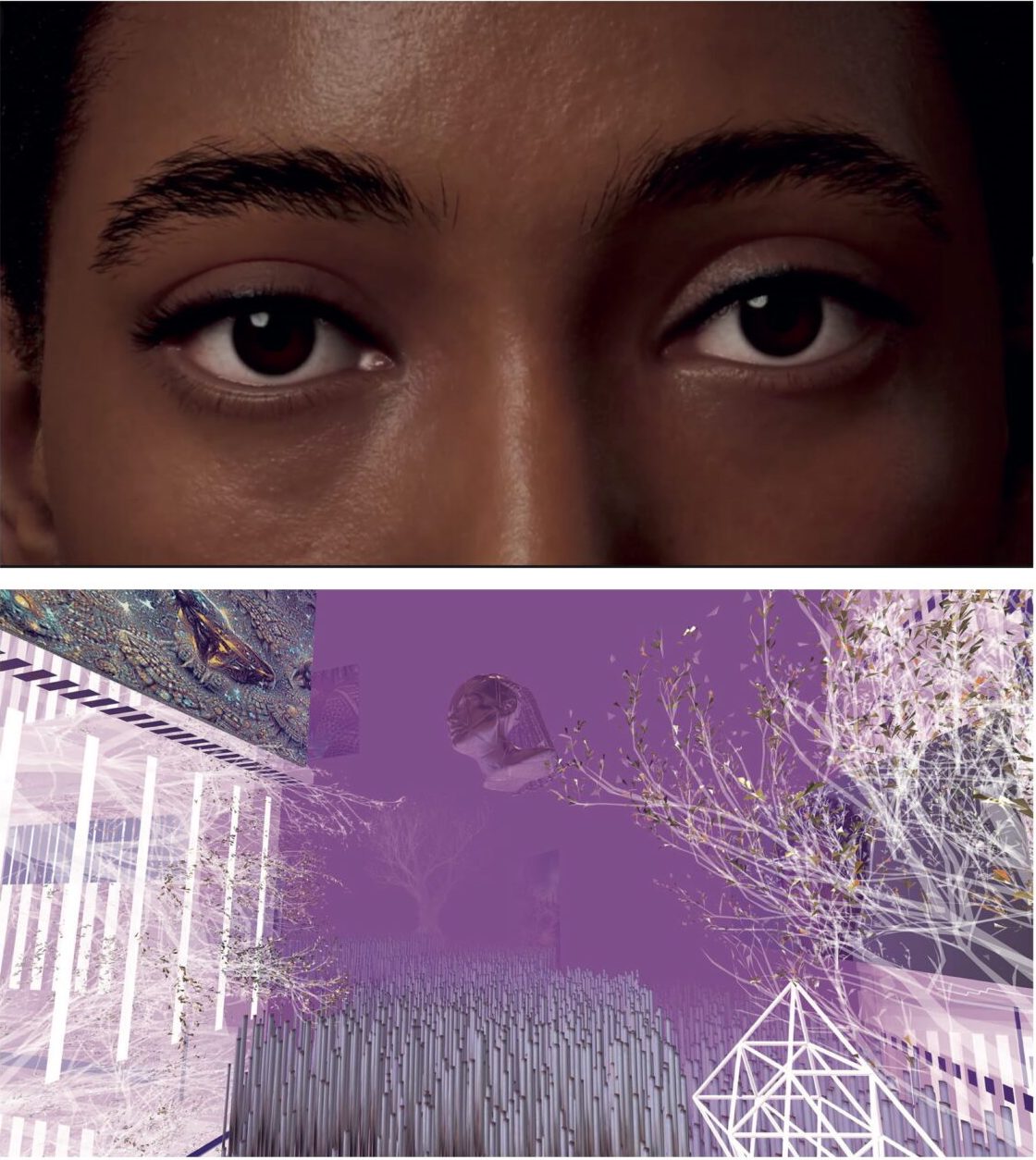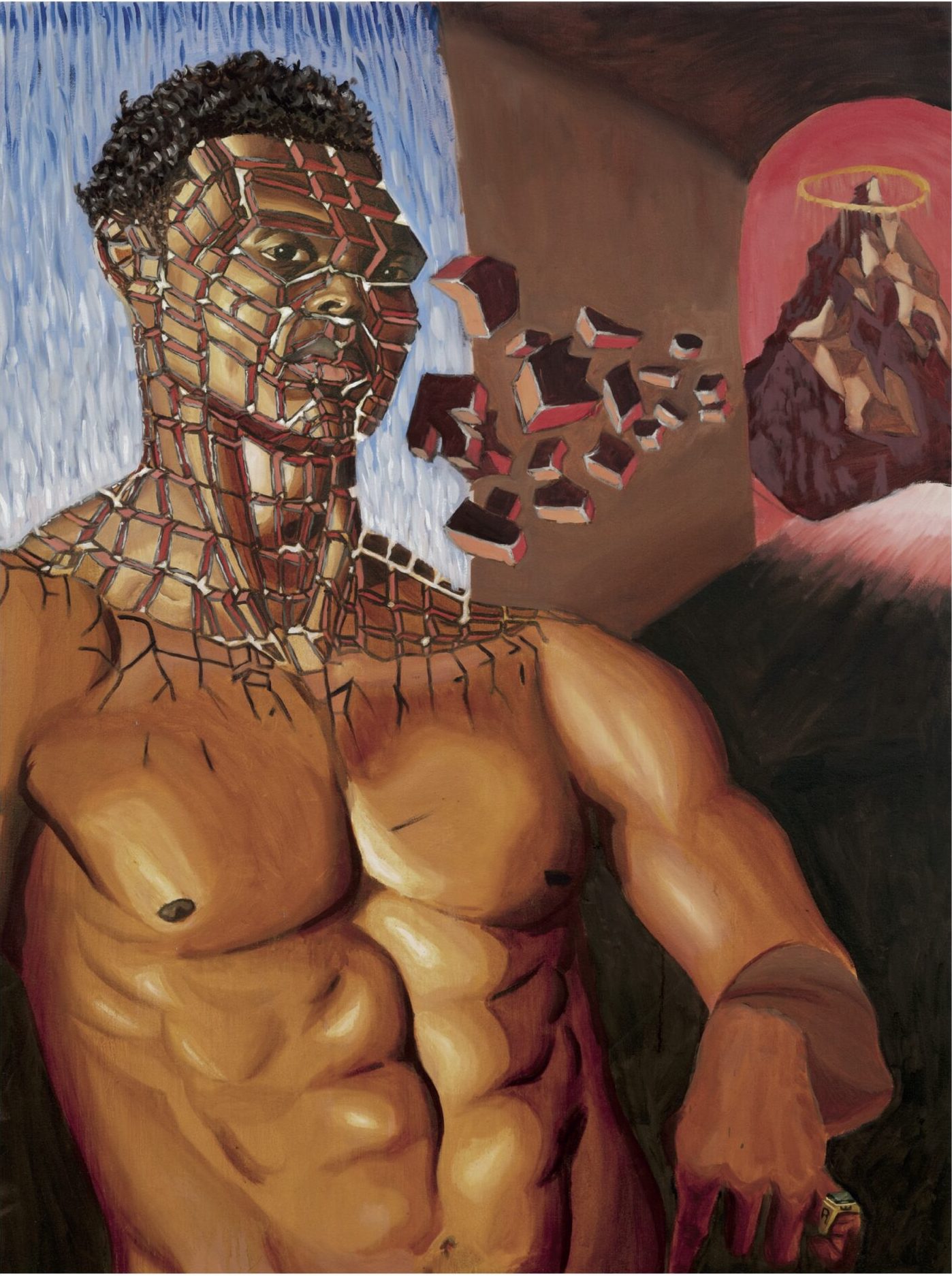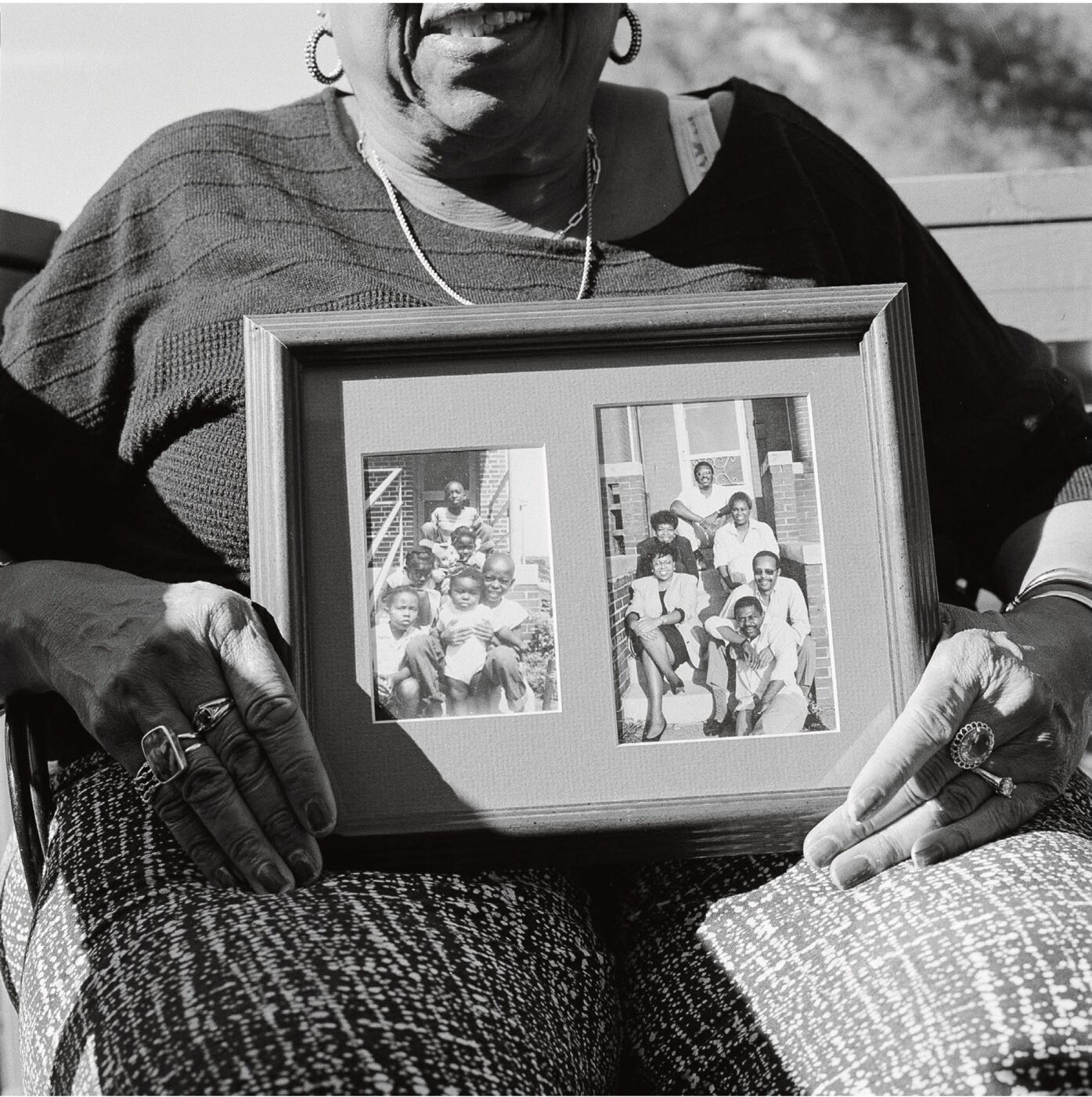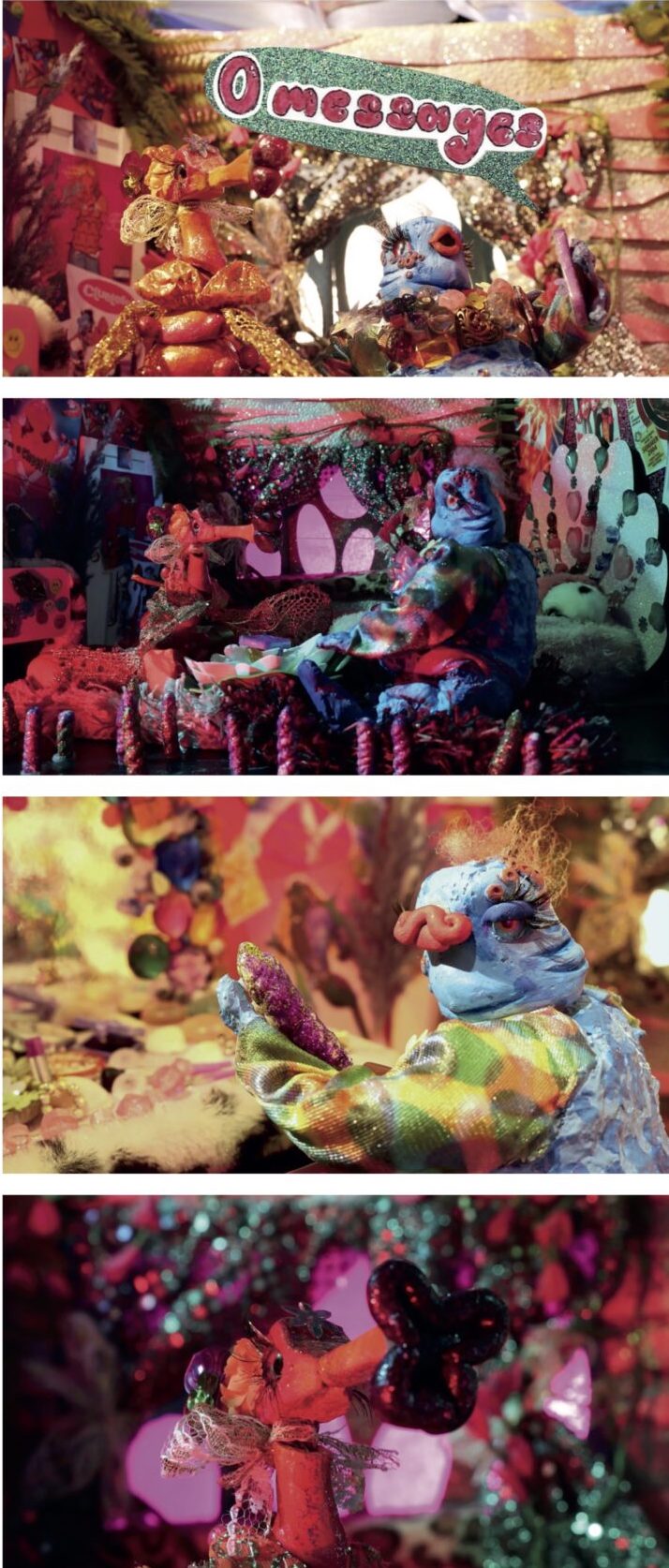Reception: Tuesday September 17, 2024 5-7PM
The Dean of the School of Art, Jorge Oliver, is proud to present Pieces of You, Pieces of Me, co-curated by Pratt alums Skye Prosper (’22) and Nande Walters (’23). This exhibition showcases the work of 15 students and alumni who identify with the Black, African, African-American, Afro-Caribbean, Afro-Hispanic, Afro-Latinx, Black Hispanic, or Black Latinx experience. In collaboration with the Pratt Department of Exhibitions, Pieces of You, Pieces of Me is on view from Aug. 5–Sept. 28. We hope you will spend time with the exceptional work of our students and alumni, which spans painting, sculpture, digital animation, photography, film and illustration and that you will be inspired by this years curators, who have drawn on the work of Jamaican-British cultural theorist Stuart Hall and American sociologist W.E.B. DuBois to frame their vision.
This exhibition is part of Critical Conversations: creating space for and educating one another about our multiple cultural contexts, activism, civil discourse, and academic engagement.
Pieces of You, Pieces of Me
Introduction by
Nande Walters and Skye Prosper
The exhibition Pieces of You, Pieces of Me is a diasporic web that connects culture, art, and personal identity through literal and abstract rep- resentations. It features fifteen artists from Pratt whose roots span North America, the Caribbean, and Africa. Since artists of African descent have historically been othered and largely excluded from dominant art historical discourse, we hope to challenge and expand racial and historical narratives by presenting these artists’ visions for the future and fabulated alternatives to the past. The works on view combine the fragments that colonization left behind, freezing and distorting space and time, reclaiming space for joy, grief, hope, and pride. We invite viewers into these artists’ worlds and aim to create a community for them and their talent.
The artists included in the exhibition explore their personal and cultural identities through various mediums and artistic styles. Through bold and explorative use of color and form, Deona Lizette’s, Rob Hill’s, and Ezra Cumbo’s corporeal abstrac- tions echo the transcendent nature of identity. Haley Sessoms, Jalin Kolen, and Cumbo’s self- portraits challenge the veil between viewer and artist with literal and metaphorical representations. Sessoms and Catherine Chattergoon use black- and-white film photography to capture snapshots of life, memory, home, and distant lands. Filmmak- ers Kemi Alade and Shanoya Allwood’s diaristic and poetic documentaries are poignant time capsules of youth, love, and loss. Sahara Sheikh’s vibrant animations combine rhythmic slices of life with fantastic other-worldly universes. In the digital realm are the works of Ananda Ray, com- binations of 3D gaming/animation engines and artificial intelligence used to highlight the bias and stereotypes at the intersection of race and tech- nology. The historical and cultural reimaginings of Monique Edwards and Morvens Regis’ paintings, Jazmin Chapman’s photography, and Fae Lugo’s sculptures offer contemporary and revisionist perspectives on the African/Caribbean diaspora that engage with the past to mold a future free from colonial constraints. Zakariya Abdul-Qadir’s paintings of politics and activism in New York’s com- munities emphasize the importance of community engagement and representation in marginalized neighborhoods and elsewhere as well.
We acknowledge each artist’s uniqueness and understand that identity can be broken into fragments, dissected, and critiqued. And can also be melted together with invisible divisions, insepara- ble and cemented. Stuart Hall, Jamaican cultural theorist and sociologist, described two views of cultural identity in the Caribbean and its diaspo- ras.1 The first view is of a monolithic “one people” that reflects “the common historical experiences and shared cultural codes.” The second view highlights the unique differences, transforma- tions, and colonial experiences that have made each country’s culture what it was, is, and will be. According to Hall, cultural identity is about being and becoming, formed at the crossroads of multi- ple influences.
Identity is also a continuous process of negotiation and “double consciousness,” a term popularized by W.E.B. DuBois, American sociologist and activist. It describes the dual self-perception of being African-American and the sense of always viewing yourself (the colonized and subordinated) through the eyes of others (the “superior” colonizers), two unreconciled souls. The exhibition seeks to embrace the complexity of perception and representation and make the often-overlooked experiences of marginalized communities visible.
As curators, our identities as Caribbean Americans (Nande, Jamaica, and Skye, Haiti) have influenced the creation of this show. As children of the diaspora, our displaced childhood memories now hold intense meaning in adulthood. The oceanic distance between us and our islands has offered opportunities to connect with those in similar boats, figuratively speaking, and reshape our ideas of home. It’s allowed us to connect to those who came before us and planted us where we are as creators. The history of BIPOC communities is deeply ingrained in the fabric of our culture and has influenced our practice and lives. In finding and creating community, we ask ourselves: What is the future we deserve, and what is the world we want to live in? Pieces of You, Pieces of Me seeks to reshape the narratives of artists of African descent and envision a world that celebrates our collective identities.
